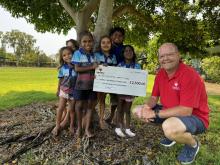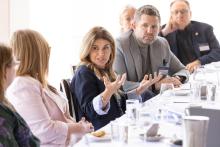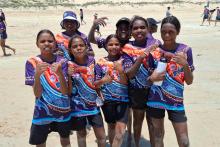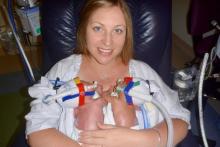The charity sector in Western Australia is calling for policy changes in the upcoming March state election to help support the state's youth and the health of babies and women.

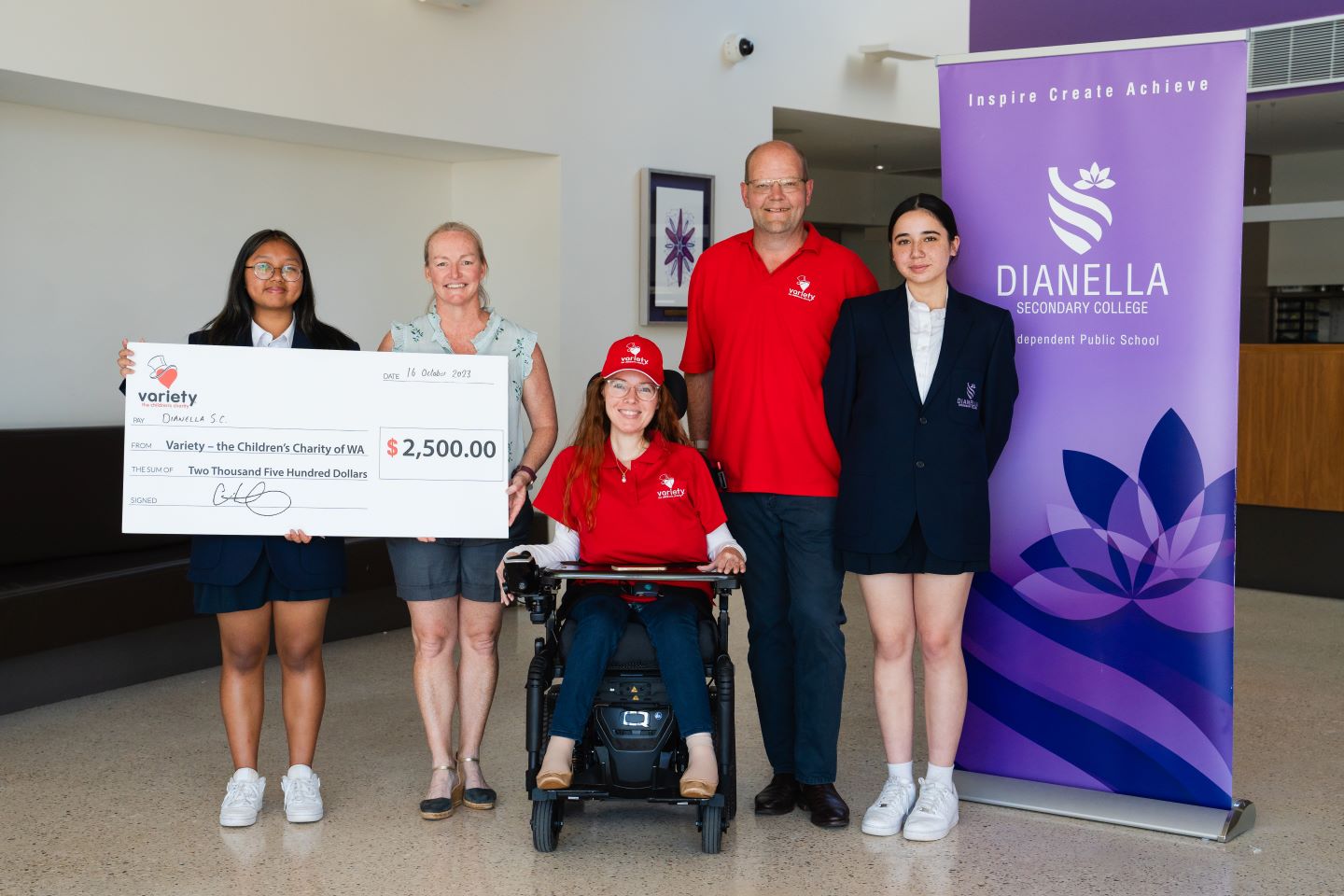
The charity sector in Western Australia is calling for policy changes in the upcoming March state election to help support the state's youth and the health of babies and women.
WA’s children’s charity Variety WA is calling on the state and federal governments to consider targeted funding for at-risk children to access and stay in school to help break the poverty cycle.
Last year, Variety WA's internationally recognised EduKids Grants program granted $300,000 to support 100 primary schools and 58 high schools representing a fifth of all public schools in the state, assisting 6,225 vulnerable children in the state.
Working together with schools, EduKids funding is spent on school items such as textbooks, bags, uniforms, shoes, canteen vouchers and breakfast foods to help children who need it most. “EduKids provides direct, tangible and impactful support directly to those most in need,” Variety WA Chief Executive Officer Chris Chatterton said.

The long-running program has made a profound difference to more than 6,000 families, and Mr Chatterton hopes to be able to spread the help even further. “We believe we can and must do more. The program is scalable and we hope to expand the offering both within the state and nationally to help more children who are experiencing disadvantage,” he said.
Mr Chatterton is pleased to see all levels of government working to implement measures to ease the cost of living for those most in need. “Both WA’s Cook Government and the Albanese Commonwealth Government will be looking at responsible ways to assist families in this year’s budgets. There have been a number of initiatives from both state and federal government to help, but too many children miss out,” he said.
“Here in in WA, $1.5 million would mean Variety can offer the EduKids program at all 831 government schools in the state, supporting 33,000 children every year, equating to 10 per cent of the WA school population. At a national level, it would equate to approximately $14 million for targeted support for around 275,000 of the nation’s most disadvantaged children in every school in the country.”

EduKids granted $300,000 to support 100 primary schools and 58 high schools across the state last year.
Current research indicates that one in five Western Australian children are experiencing some level of disadvantage. “The EduKids program is intrinsic to breaking the cycle,” Mr Chatterton said. “By helping kids to stay in school with the supplies they might not otherwise have, EduKids seeks to level the playing field and keep children in education longer, which can in turn lead to better life outcomes,” he said.
“The government has an important window of opportunity to address need and put in place measures that are correctly targeted and have tangible, reportable results for the people who are most deserving of support. This is what voters want to see.”
Healthcare disparities for women, babies
The Women and Infants Research Foundation (WIRF) is calling for federal support to tackle preterm births and maternal mental health, urging the federal government to fund a national campaign to reduce Australia’s preterm birth rate by a further 10 per cent.
The campaign focuses on First Nations and culturally and linguistically diverse (CALD) communities, tackling healthcare disparities and improving outcomes for women and babies, while addressing the severe impacts of poor maternal mental health.
Preterm birth is the leading cause of death and disability among children under five, with one in 12 Australian babies born prematurely. Among Aboriginal communities, the rate is almost double. Those who survive preterm birth often face lifelong challenges such as cerebral palsy, chronic lung disease, blindness, diabetes, and developmental delays.
Suicide is a leading cause of maternal death in Australia, particularly during pregnancy and in the first year after birth. The incidence of maternal death in First Nations women is more than three times as high.

WIRF chief executive officer Deb Portughes said there is a critical need for action. “This campaign can make a life-changing difference for women and babies across our nation. We are seeking the federal government’s support to create a future where every baby has the best possible start to life, and every woman has the best possible health across her life course,” Ms Portughes said.
The campaign builds on WIRF’s extensive history of advancing maternal and infant health, including a world-first initiative that reduced the preterm birth rate in Western Australia by 8 per cent and subsequent programs including the national roll out of the successful WA Preterm Birth Prevention Initiative, in collaboration with the Preterm Birth Alliance, which reduced the rate of preterm birth by 10 per cent Australia-wide.
The proposed campaign aims to expand these efforts into underserved areas, including First Nations and CALD communities, private hospitals, and medical centres.
Central to the campaign are plans to deliver culturally tailored health messages to improve outcomes for First Nations and CALD families, and to empower expectant families through a multimedia awareness campaign.
The economic implications of preterm birth are significant, costing the Australian economy an estimated $1.4 billion annually in direct medical expenses and long-term care needs.

WIRF estimates that preventing just 100 preterm births each year could save $26 million in neonatal care costs alone, with a 10 per cent reduction in the national preterm birth rate potentially saving over $100 million annually.
Meanwhile, maternal suicide remains a leading cause of death during pregnancy and the first year postpartum, with the incidence among First Nations women more than three times higher than the national average.
The campaign is a call to action for the federal government to commit to a healthier future for women and babies.
“We have the expertise and the proven strategies to make a profound impact. What we need now is the Federal Government’s commitment to ensure that this critical campaign becomes a reality,” Ms Portughes said.







